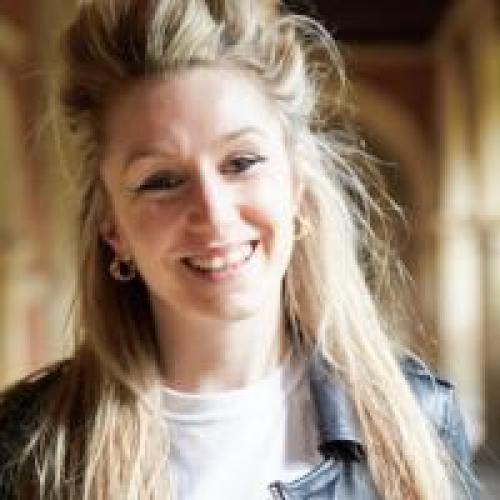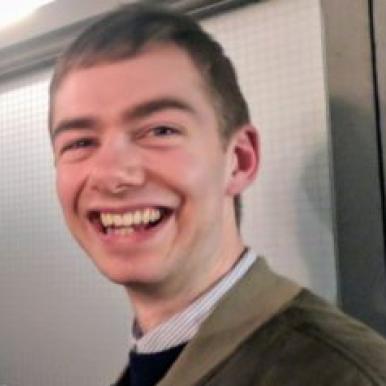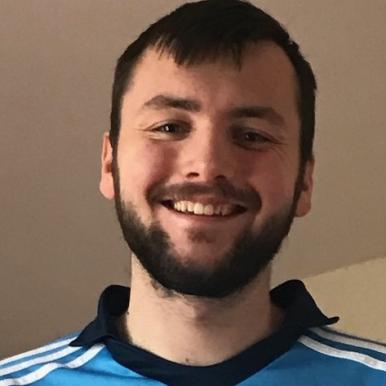Theology, Religion, and Philosophy of Religion
- Theology, Religion, and the Philosophy of Relgion (TRPR) at Corpus Fact File
-
Typical offer: A*AA (or equivalent)
Subject requirements: None
Typical number of TRPR undergraduates admitted per year: 2-3
Submitted written work requirements: See our Written Work webpage
Admissions assessment: None
- TRPR at Cambridge
-
Students of TRPR at Cambridge are invited to explore major questions about human culture, human values, and human practices, and the development of these phenomena through time. There is a focus on developing a critical understanding of the way religious traditions shape human communities, institutions, and ideas in our contemporary context, and the course incorporates three main strands, each with a different, but related, focus:
Theology is the study of faith tradition(s) from within and students are invited to analyse the major texts, thinkers, teachings and practices of particular religious traditions, and to apply their knowledge of these theological issues in discussing wider topics, eg. politics, literature, aesthetics, hermeneutics, and ethics.
Religion enables students to consider sociological, anthropological, textual, and historical approaches to the study of religion. Undergraduates have the opportunity to consider how social scientists, historians and anthropologists—each using different methodologies particular to their disciplines—analyse and account for religion as a force in the world, both today and in the past. There are papers which look at the interface between religious life and social, political, familial, national, and global structures. Students will also study a scriptural language in the first year of their degree, and will be introduced to the critical study of biblical texts and themes.
Philosophy of Religion involves the study of religious traditions, concepts and practices from the ‘outside’. Students will analyse and explore a series of problems concerning language, being, and knowledge. They will develop a knowledge of major thinkers, theories and ideas, and the critical insight to discuss these in detail.
- Why study TRPR at Corpus?
-
The College has a long and distinguished tradition in theology and religious studies, a tradition that is currently stronger than ever. We provide a supportive and stimulating atmosphere in which to study the diverse range of sub-fields and approaches that make up this inter-disciplinary subject.
Corpus theologians frequently comment on the supportive atmosphere of the College generally, but in particular, the friendly, family-like atmosphere. They have the advantage of being close to a significant number of other students in their own subject area, whilst also benefiting from the intimacy of a small College, which encourages the formation of friendships with students in other subjects as well.
We are located close to the centre of Cambridge and to the Divinity Faculty. We nurture our students academically by offering booster work in languages or exam technique when required, but we also challenge them, inviting them to strive and do their best, offering book and travel grants to allow them to reach beyond the parameters of their course in Cambridge. Overall, Corpus is one of the most congenial and supportive Colleges at which to study TRPR.
- What do we look for in applicants?
-
There is no typical applicant for TRPR and certainly no ideal one. Corpus theologians come from all kinds of backgrounds and schools and have all kinds of interests: some are highly focused on a specific religious tradition, such as Buddhism, Judaism or Christianity, while some are primarily interested in philosophy, and some deliberately choose a diverse range of papers. Some have strong personal religious commitments and others have none. All are welcome at Corpus.
Most applicants have a background in Arts subjects: English, ancient or modern Languages and History can all be particularly useful for studying this subject area. However, we also admit students whose A Levels are in Mathematics or the Natural Sciences, and they have thrived as well.
- Super-curricular resources
-
- Faculty of Divinity's suggested resources
- Taster events and programmes
- Living with the Gods - BBC Radio 4 podcast exploring the role and expression of beliefs in communities around the world.





